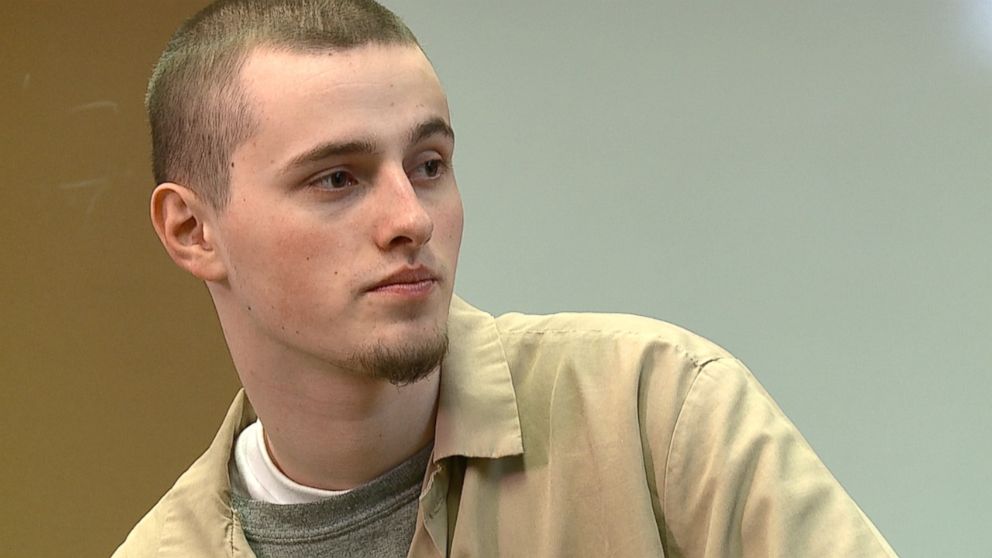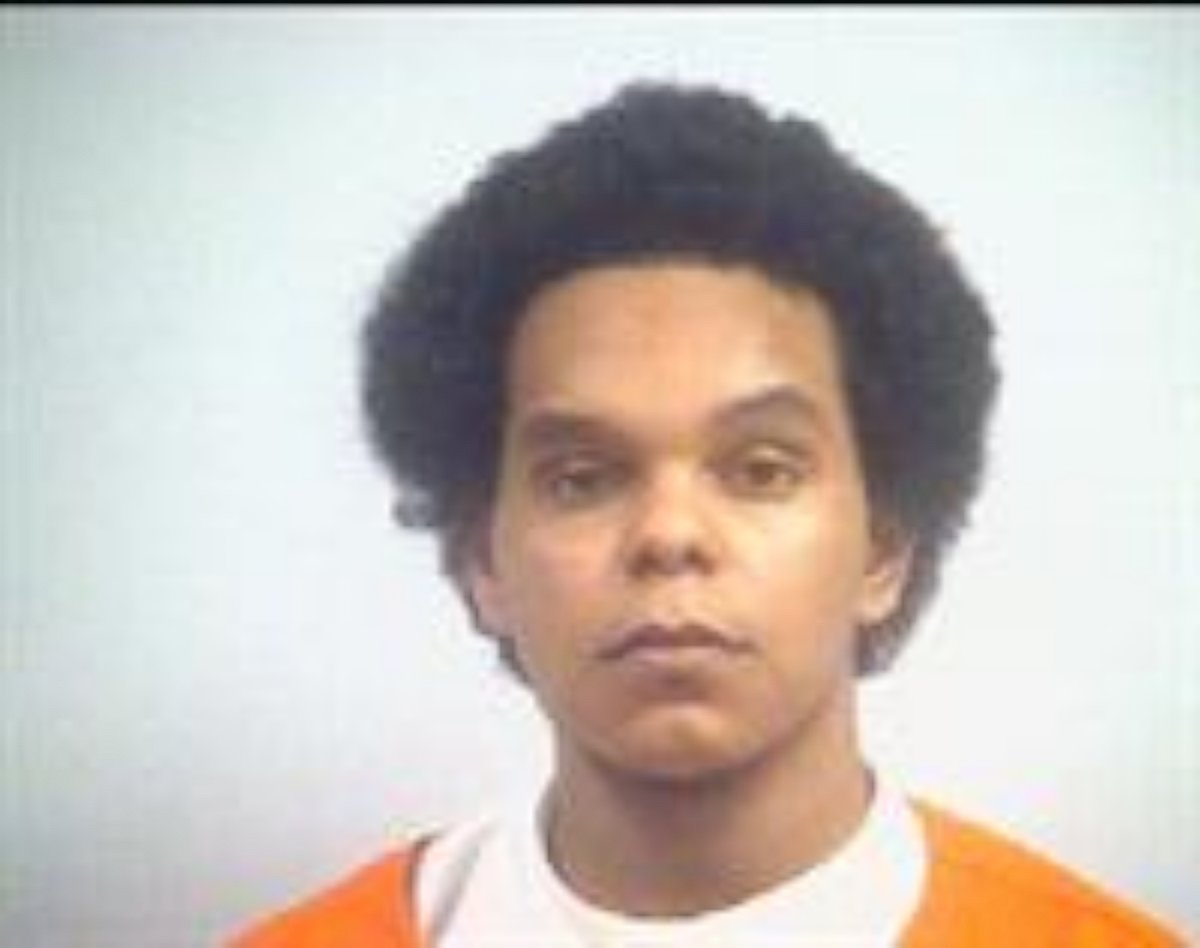Three of 'Elkhart 4' Have Felony Murder Conviction Reversed
Blake Layman, Levi Sparks and Anthony Sharp were given a lesser charge.
— -- Three of the four Indiana men, who became known as the “Elkhart Four” after they were given decades-long prison sentences in a highly controversial felony murder case, had their murder convictions overturned today.
Blake Layman, now 18, Levi Sparks and Anthony Sharp, both now 20, and Jose Quiroz, now 19, became known as the Elkhart Four when they were charged in 2012 with felony murder after they broke into a home in Elkhart, Indiana, and the homeowner shot and killed their accomplice, 21-year-old Danzele Johnson.
Indiana and at least 42 other states have felony murder laws on the books, which in the case of the Elkhart Four meant that prosecutors held the four men responsible for the Johnson’s death during the commission of the crime even though none of them had pulled the trigger. However, prosecutors did not charge them with burglary.
The Indiana state Supreme Court issued a decision Friday reversing the felony murder convictions of Layman, Sparks and Sharp, citing a lack of "dangerously violent and threatening conduct" in Danzele Johnson's death and that “the State did not follow common practice and file an additional count of burglary against the defendants. It chose instead to file a single count of felony murder in the perpetration of a burglary.”
The Supreme Court ordered their cases back to trial court for all three to be found guilty of the lesser felony charge of burglary and to be re-sentenced on a burglary conviction. A sentencing date for the three men has not been set.
ABC News "Nightline" first profiled the "Elkhart Four's" case last year. Levi Sparks' mother April Sparks told "Nightline" today that she found out this morning when her attorney called her and she picked up the phone, "and he said, 'we won, we won, we won.'"
"It's an incredible day for so many of us," April Sparks said. "No more 45 years hanging over our heads."
Sparks added that her son Levi and Layman both graduated with their G.E.D.s today in prison. "It couldn't have been better timing," she said. "We still have to go back to court and we are hoping they get time served."
Jose Quiroz pleaded guilty and was sentenced to 45 years in prison and 10 years probation in December 2012. He was not mentioned in the appeal.
Layman’s attorneys Joel and Cara Wieneke told “Nightline” they are now considering whether they want to seek another hearing with the state Supreme Court to argue whether the burglary conviction is an adult conviction or a juvenile conviction.


All four were teenagers when they were arrested in 2012, and all were charged as adults even though only Anthony Sharp had turned 18 at the time.
The homeowner, Rodney Scott, was not charged with a crime because prosecutors determined he acted in self-defense.
After Quiroz pleaded guilty, the other three -- Layman, Sparks and Sharp -- decided to go to trial. On August 22, 2013, a jury convicted all three of felony murder.
Sparks was sentenced to to 50 years in prison. Layman and Sharp were both given 55 years.

Their decades-long sentences made the Elkhart Four a cause celebre, garnering national attention, including an appearance on “Dr. Phil” in January 2014. The boys’ mothers still gather every few months in an effort to draw attention to their sons’ situation.
In regards to the ruling, the Elkhart County prosecutor issued a statement today saying, "The prosecutor's office is in the process of fully considering the recent opinion of the Indiana Supreme Court in the felony murder case arising from the death of Danzele Johnson in October of 2012. Further information will be forthcoming."
Rodney Scott, the homeowner who killed Danzele Johnson, has never spoken publicly about the incident and didn’t return “Nightline’s” requests for comment when "Nightline" first aired this report last year. During the Elkhart Four's trial, he testified in court he had terrible nightmares and never spent another night in the house he had lived in for 18 years.
This story was produced with the help of Calamari Productions, which is funded in part by the Annie E. Casey Foundation.




